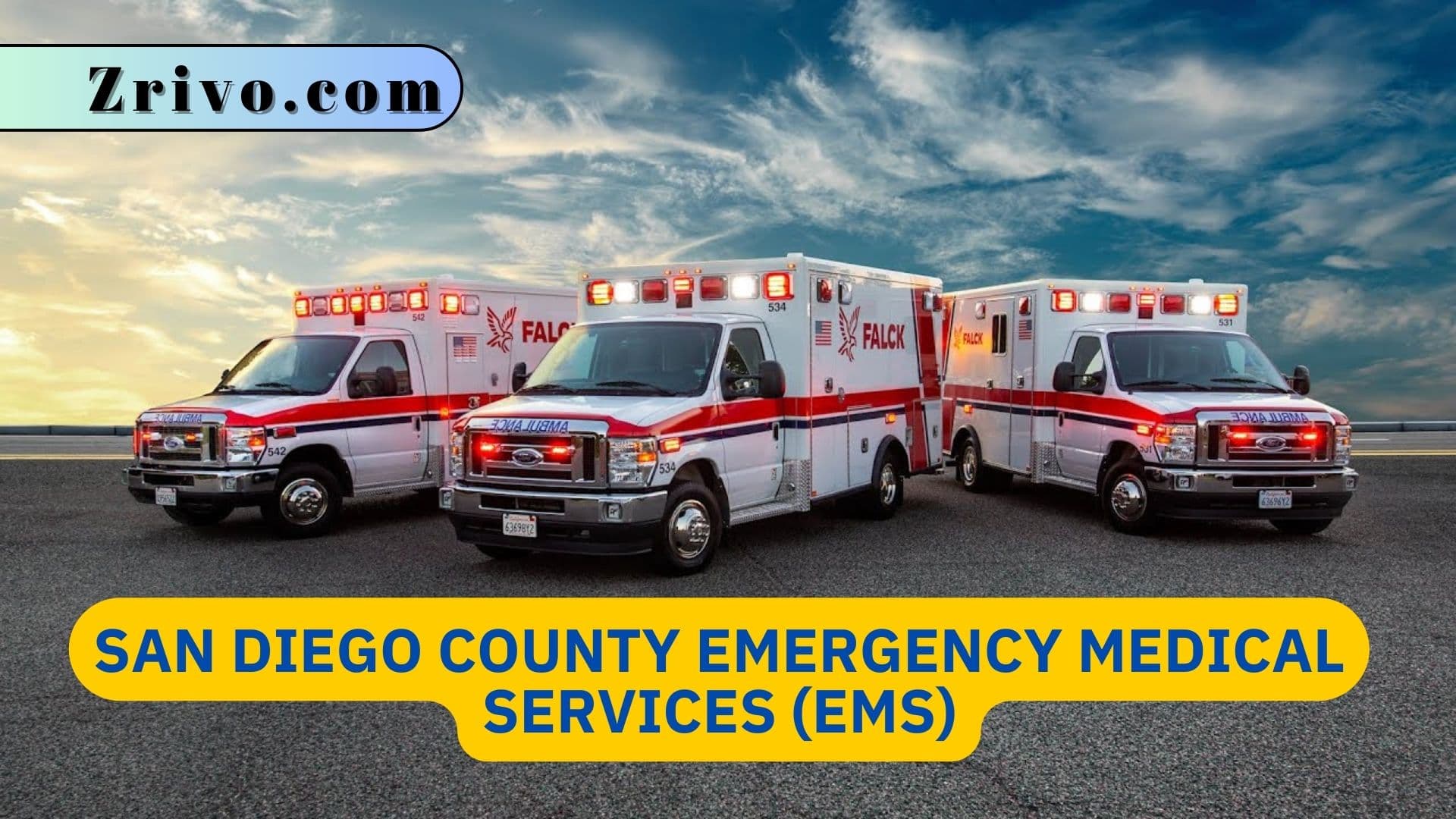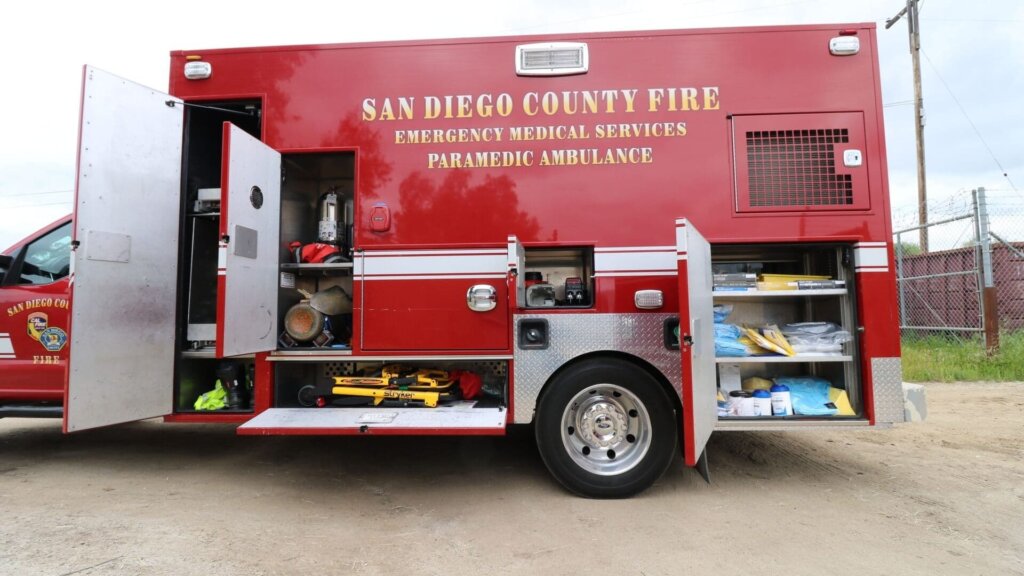
The San Diego County EMS Services is an agency that monitors and supports the county’s EMS delivery system. This includes the credentialing of EMS professionals, the administration of contracts with EMS providers, the periodic approval of EMS training agencies, paramedic base hospitals, and EMS specialty care agreements with local hospital trauma centers. It also oversees EMS operations and maintenance, complaint management, training, and emergency medical support services.
The EMS Program is mandated through City-County contracts to ensure high quality emergency medical services through clinical oversight, monitoring of first responder paramedic units and the transport provider’s response times, and financial and operational oversight of the entire EMS system. The EMS Program is also responsible for identifying community needs in pre-hospital programs through special studies and participation in State-wide planning activities.
Besides full-time ambulances, the C Division has Medical Intensive Care Ambulances that are equipped with the latest life saving equipment and can be activated during peak period call volume. These ambulances are like an emergency room on wheels and can handle a wide variety of patient needs.
The EMS program also has a number of Public Access Defibrillator locations throughout the community to help save lives in the event of a cardiac arrest. This program is available to all residents of the county. The service can be accessed by calling 911 or using the free app “Text to 9-1-1.” The service is available on all cell phones and VoIP (Voice over Internet Protocol) devices.

San Diego County EMS Office Mission
The San Diego County EMS Office, a division of the County Fire Department, is the Board of Supervisors-designated local EMS agency (LEMSA). This means that the agency oversees and coordinates the region’s EMS system, which includes providing medical oversight, permitting ambulance providers, designating hospital services, and organizing shared data and communication platforms.
To accomplish this, the office works closely with other local government agencies, law enforcement, community clinics, psychiatric facilities, and groups that link with emergency patients. This has resulted in innovative projects such as a regional Health Services Capacity Task Force. EMOC also sponsors an annual 5150 Summit, which is free to attend.
The EMS office also maintains the county’s EMS credentialing system by overseeing and regulating the credentials of EMTs and Paramedics. This includes monitoring and assessing compliance with field performance guidelines, training requirements, and EMS Cardiac Monitor integration and reporting standards. The office is also responsible for approving EMS training agencies, paramedic base hospitals, and EMS specialty care agreements. The office also administers contracts with EMS provider agencies and monitors the county’s EMS delivery system by performing inspections at EMS transport sites.